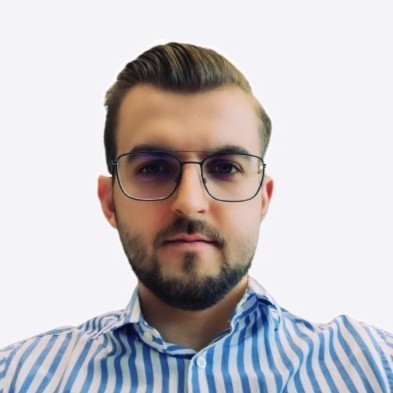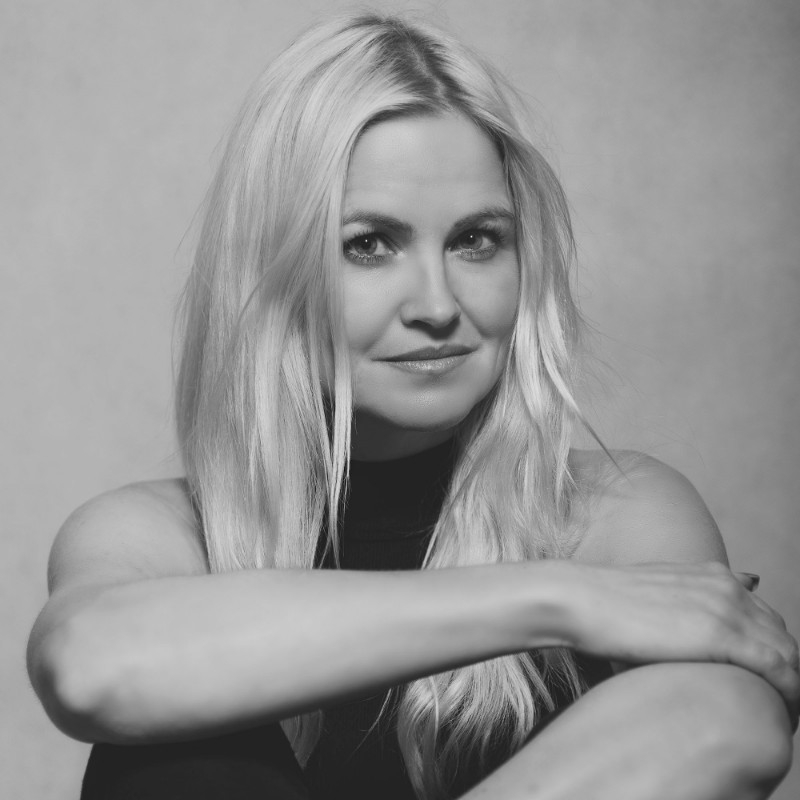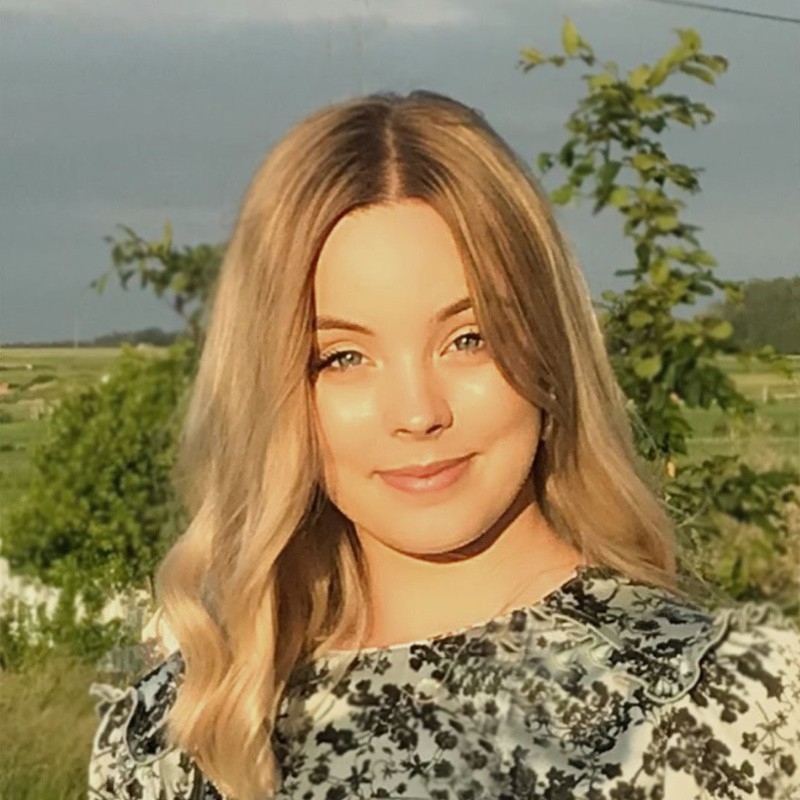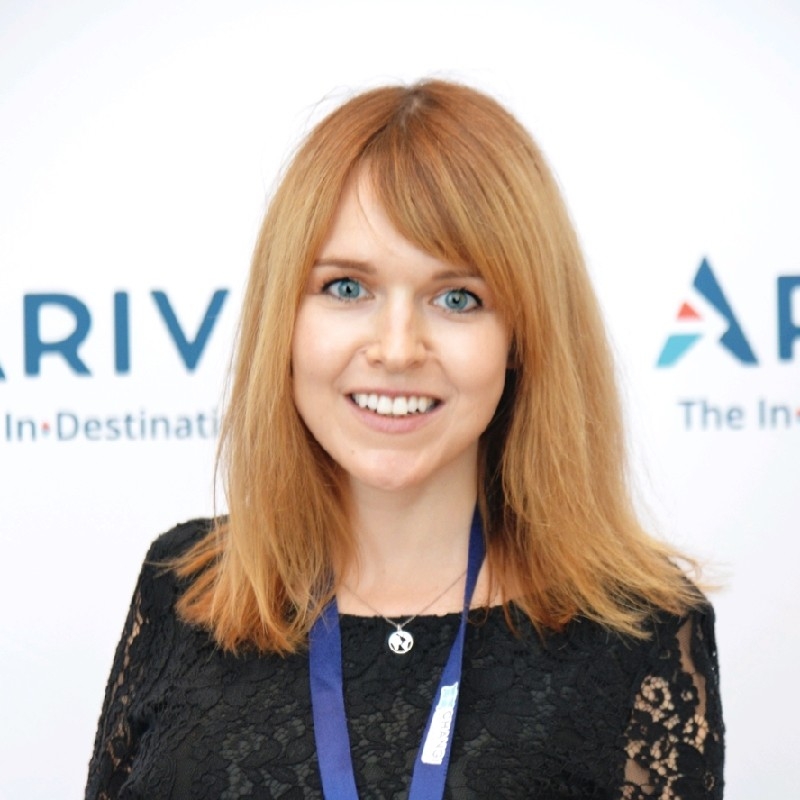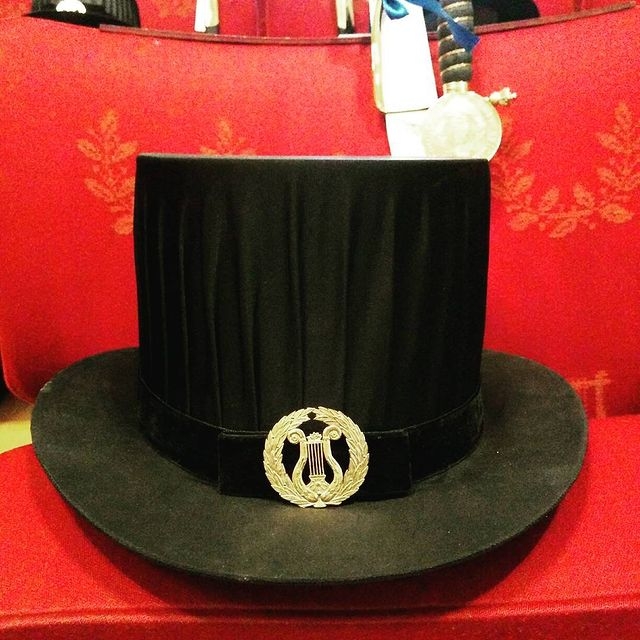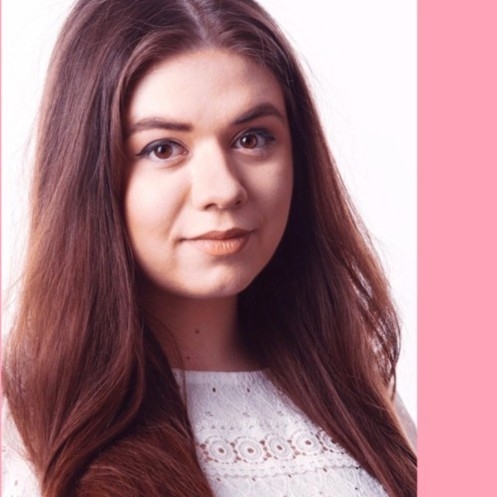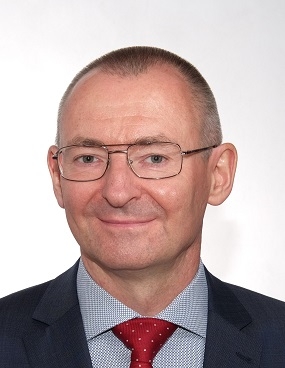
Museum of King Jan III's Palace at Wilanów
Looking for Partnership Looking for Extra EU Funds
The Museum of King Jan III's Palace in Wilanów is a state cultural institution reporting to the Minister of Culture and National Heritage, carrying out activities in the field of protection, sharing, education, documentation and popularization of art collections, nature and national heritage. The museum is housed in a baroque palace, the residence of King Jan III. It is also the oldest art museum in Poland, founded in 1805. It implements the idea of an open museum, directing its activities to anyone who visits the palace in person or through the web page, taking into account all social groups. Shows special sensitivity to the needs of various groups of visitors constantly improves the quality of the offer by using the most effective means of education, exchange of knowledge and social communication. The museum has been awarded many times for its contribution to the protection of monuments and the development of environmental protection as well as innovation in the field of education, conservation, exhibition and scientific activities. The museum cooperates with cultural institutions, scientific and academic centres in Poland and Europe. Since 2006, Museum has been a member of the Association des Residences Royales Europeans, a network of cultural institutions managing royal residences in many European countries. The museum is an active member of ICOM (International Council of Museums).
The Museum of King Jan III’s Palace at Wilanów preserves the unique Wilanów microcosm created by Jan Sobieski in the late 17th century. The museum houses a whole microcosm composed of much more than the collection itself – it also encompasses spatial layouts and the whole body of an intangible heritage of knowledge and skills, over whom such institutions as museums should exercise special care.
Every year, the museum is visited by 1,3 up to 1,7 million tourists. Their one-off visits, however, carry limited potential for establishing a network of helpers who are not the institution’s employees. The Museum strives to involve local community members in volunteering and supporting the institution in its day-to-day operation, especially in non-formal adult education.





